Introduction
Fruit seems like a safe bet when it comes to treats that you can give your dog. Lychee has become popular in the past several years as it is packed with vitamins and minerals ranging from vitamin C and B6 to magnesium, potassium, and manganese. It’s also rich in fiber, which means that it can be great for digestion.
But is lychee safe for dogs? Yes and no. The flesh of the fruit is safe but due to its sugar content, lychee should be given to pups only as a treat. The skin and seed of the fruit can be dangerous and might even pose a choking risk, so avoid feeding these parts to your pet.
Benefits for dogs
Healthy Fiber
All types of fruit have variable amounts of fiber. Although lychee is not the most fiber-rich fruit of all, considering that over 70% of it is actually water, it can improve your dog’s digestion to some extent.
Giving your dog one to two lychees per week can make a significant difference if they tend to suffer from chronic constipation, a health problem that most senior dogs are confronted with as they age.
Since fruits contain sugar, if you’d like to add some healthy fiber to your dog’s diet, we suggest considering giving your pet pumpkin as it is safe and well-digested by most animals.
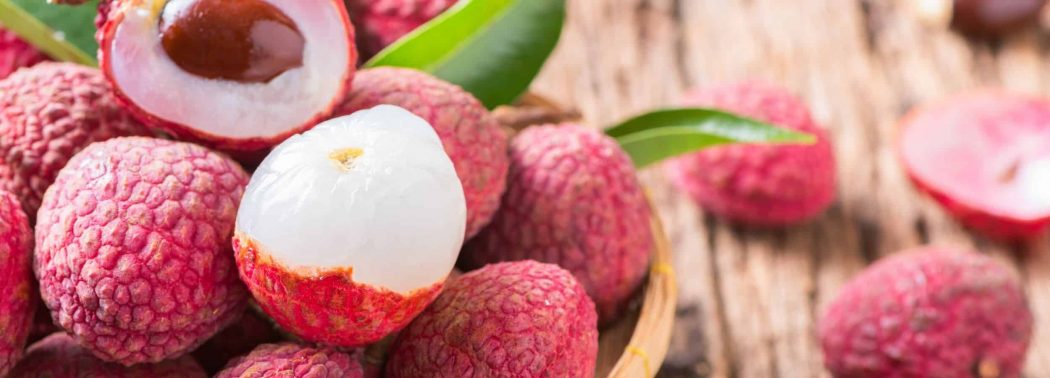
Supports Liver Health
Not just lychee is great for liver health — almost all fruits are, especially those that are particularly rich in antioxidants.
The only type of fruit that you should steer clear of if you are a dog parent is grapes, but other than that, most are safe and provide lots of benefits. Lychee contains a set of antioxidants called polyphenols which prevent aging and support liver and pancreas health. If your dog has a form of hepatitis, giving them lychee on a regular basis is not going to cure the condition.
However, if you’d like your pet to have good pancreas and liver health as they grow older, a lychee now and then can do a lot of good.
Vitamin C
Out of all of the vitamins and minerals that lychee contains, vitamin C is perhaps one of the most important ones. It is extremely useful in preventing bone and cartilage health problems and it can support your dog’s immune system so that if they do become sick, they can recover faster and easier.
On top of everything, vitamin C has been found to maintain healthy blood circulation and healthy skin. It’s also said to promote wound healing, so if your dog sustains a cut or gets into an accident, their recovery will be smoother if they have enough vitamin C in their bodies.
How much lychee to feed your dog
The amount of lychee that you can safely give your pet depends on several different factors. The most important one is your dog’s size. If your dog is a Saint-Bernard, one or two perfectly cleaned and seedless lychee might not cause any side effects.
On the other hand, if your pet is a Chihuahua or a Yorkshire Terrier, two fruits of this kind might cause a blood sugar change and even loose stools, especially if your dog is prone to getting diarrhea and developing indigestion.
Treats should make up about 5-10% of a dog’s diet, so keep fruit (and lychee, too) to a minimum.
Potential risks
MCPG
This is a chemical contained by lychee and other types of fruit. It is especially present in fruit that is not ripe, so we strongly recommend avoid feeding unripe lychees to your pet.
MCPG is known for causing a sudden decrease in blood glucose levels, so your dog can effectively go into hypoglycemic shock if they’re very small and they eat a lot of unripe lychee all of the sudden.
Some dogs end up suffering from liver failure after ingesting unripe lychee because of its MCPG content.
Saponins
This is a group of potentially toxic chemicals that can affect your dog’s health. Unfortunately, saponins can be found in lychee, so making sure that your pet eats only a small amount of this fruit is paramount.
While some dogs develop digestive distress as a result of ingesting saponins from this fruit, others can develop kidney failure — and if that happens, your dog can lose their kidney functionality for the remainder of their life.
Digestive Issues
The most common side effects of having eaten lychee in dogs are stomach pain and diarrhea. Vomiting, muscle spasms, and the presence of blood in your dog’s stools are also possible.
Some dogs can develop more serious symptoms such as head shaking, drooling, or seizures, as well as dark urine, which can be a clue that their kidney function has been affected significantly.

Preparing the food
The best way of feeding lychee to your dog is to give them the fruit in its original and ripe form. Clean it as best as possible and remove the shell and seed as they can present health risks.
Some dog owners find that freezing the fruit in ice cube trays can be a nice way of rewarding their pet from time to time. This snack is a favorite of pets especially in the summer when the weather is hot.
Serving ideas
We have already noted that giving your dog the raw fruit is the best way of making sure they get all of its benefits. But there are different things to consider.
You can buy lychee from the store; however, we recommend you always get the organic option so that it doesn’t contain any traces of pesticides or weed killers — two substances that are commonly at the root of cancer cases in dogs.
Do not feed the entire lychee to your pet as the seed and shell could cause digestive issues. What about canned lychee?
While it is not a bad idea per se, this type often contains too much sugar. In dogs that have diabetes or are obese, so therefore, are constantly at risk of developing metabolic disorders, this lychee form should be avoided.
Conclusion
Lychee is rich in a variety of vitamins, minerals, and antioxidants, which can provide your dog with plenty of benefits. We suggest feeding your pet only one to two lychee fruits per week just to be on the safe side of things and avoid having to manage any risks.
If you have any doubts whatsoever about giving this food to your dog, make sure you get in touch with your veterinarian.
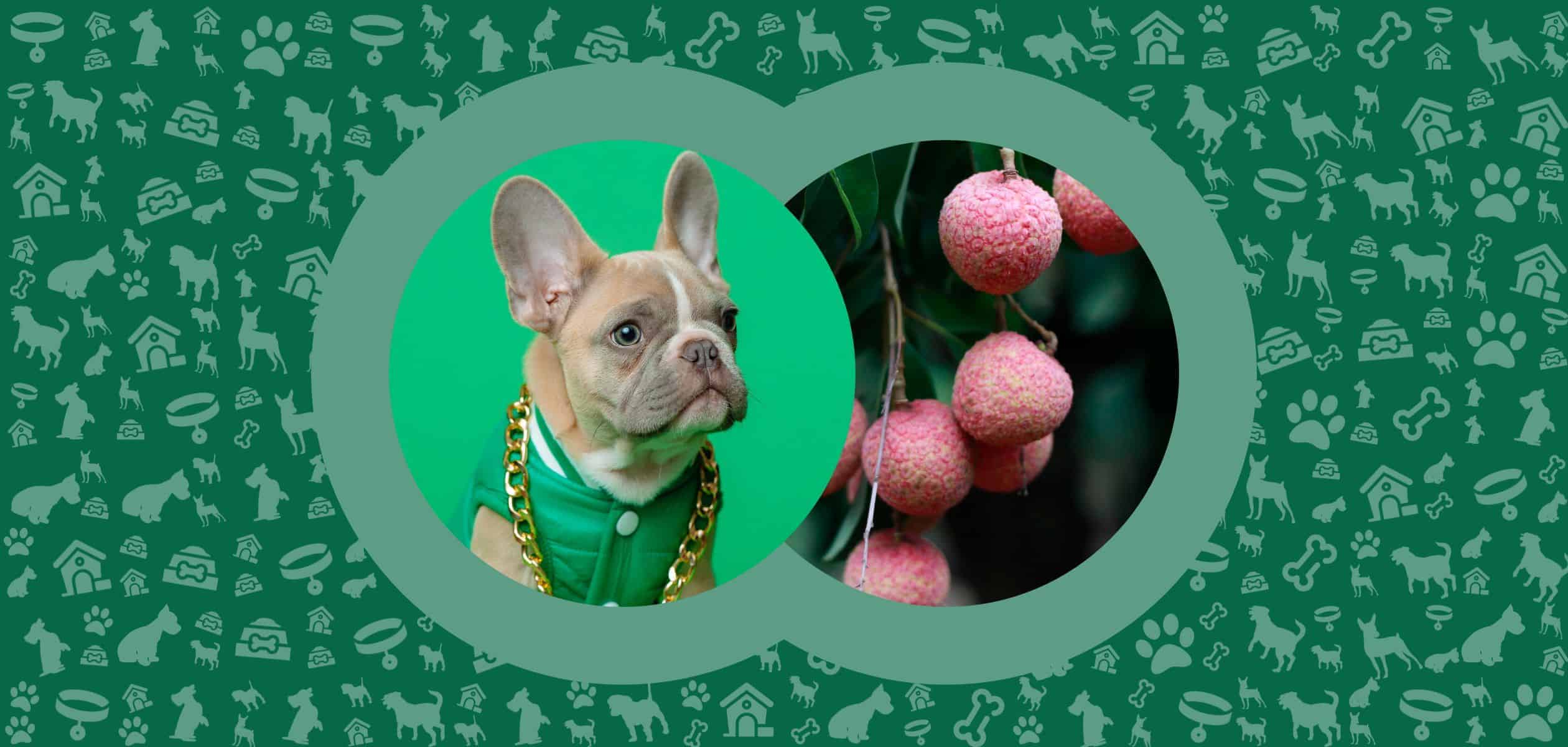
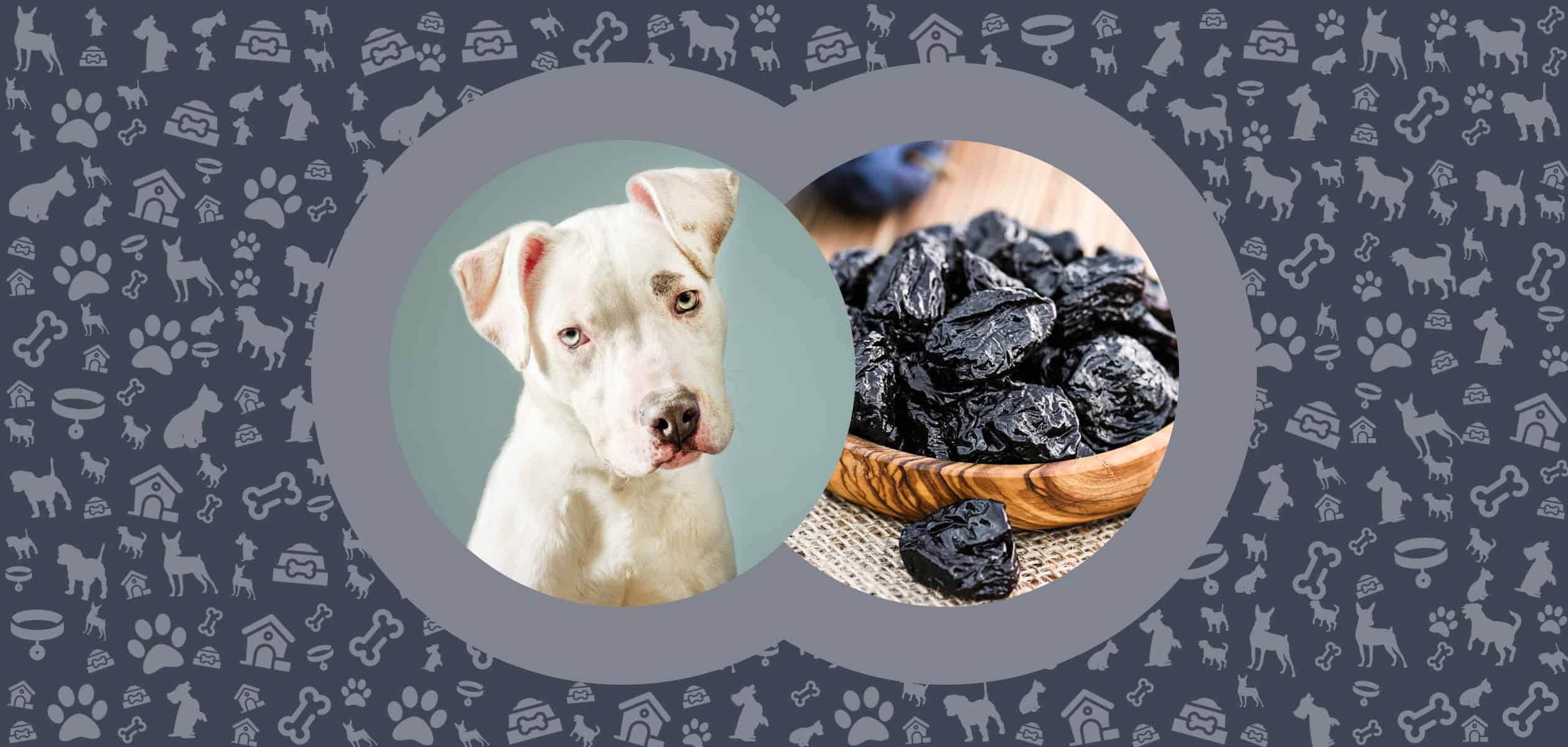
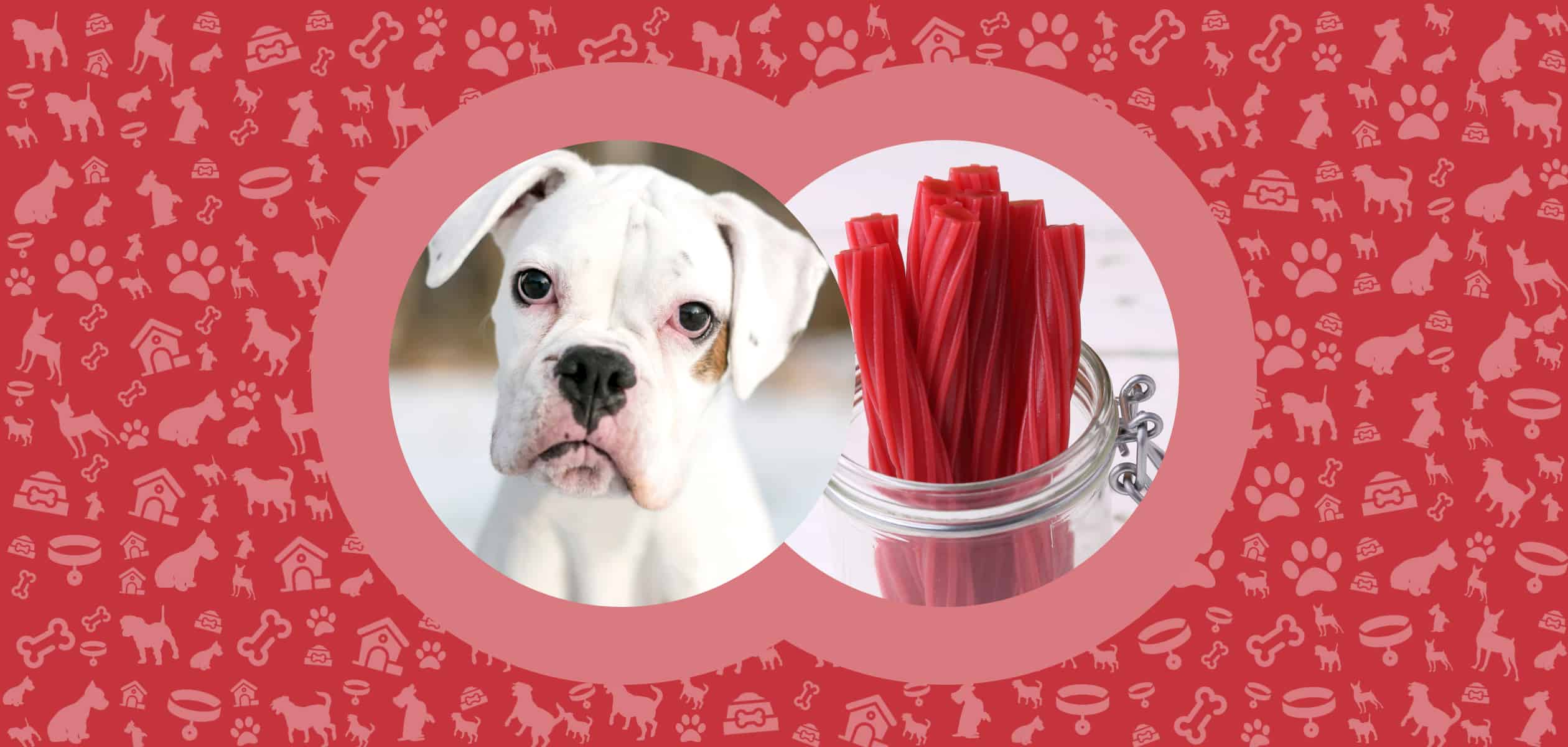
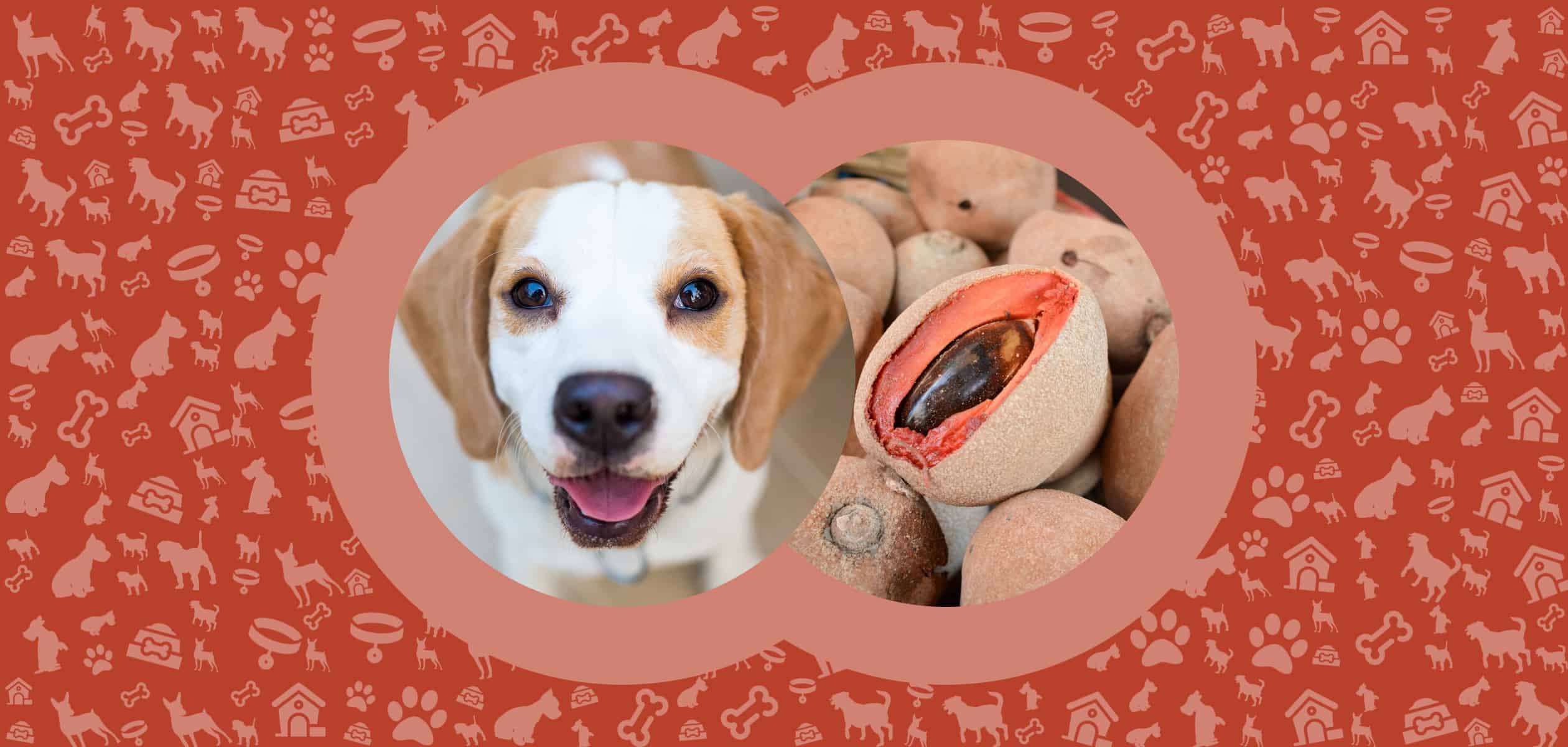
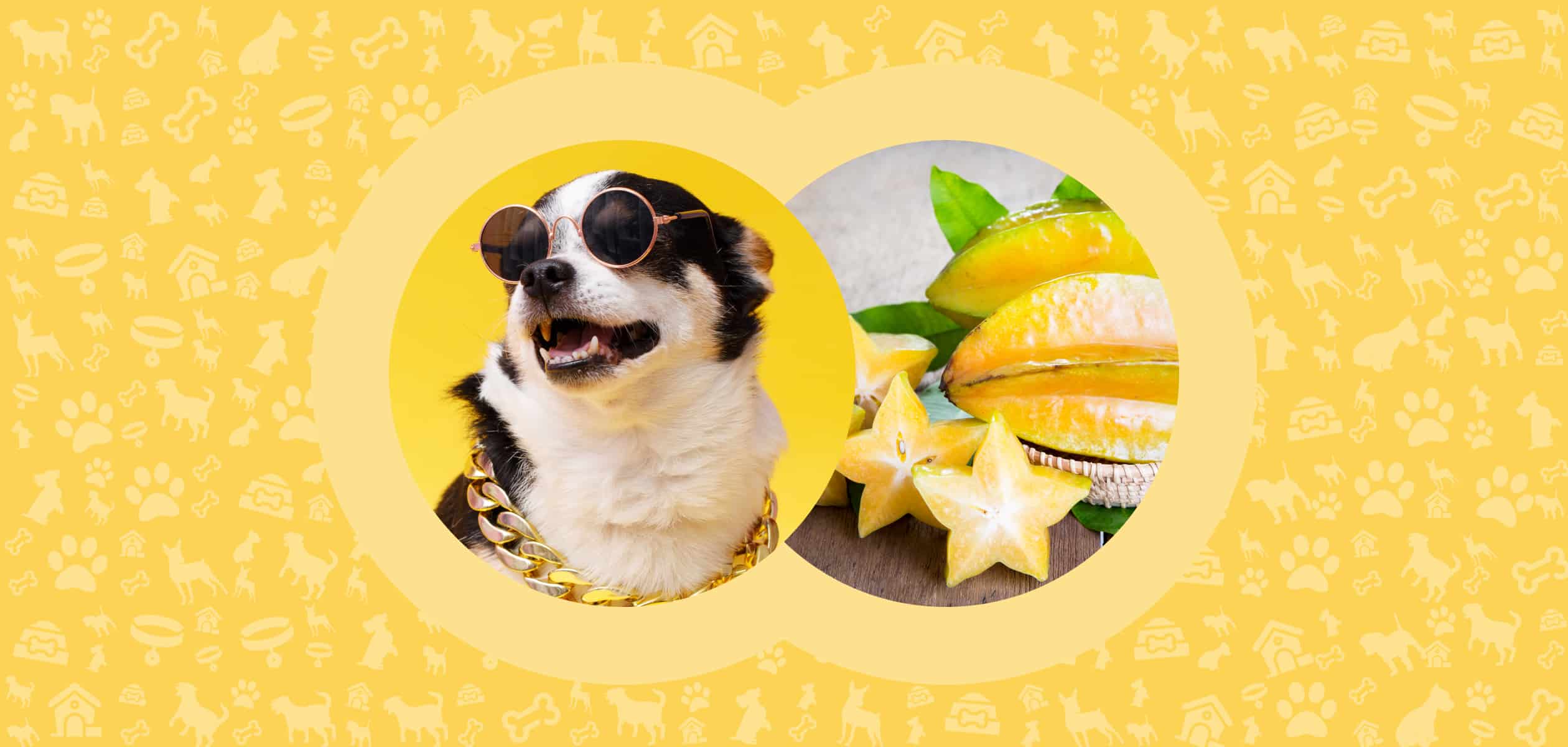
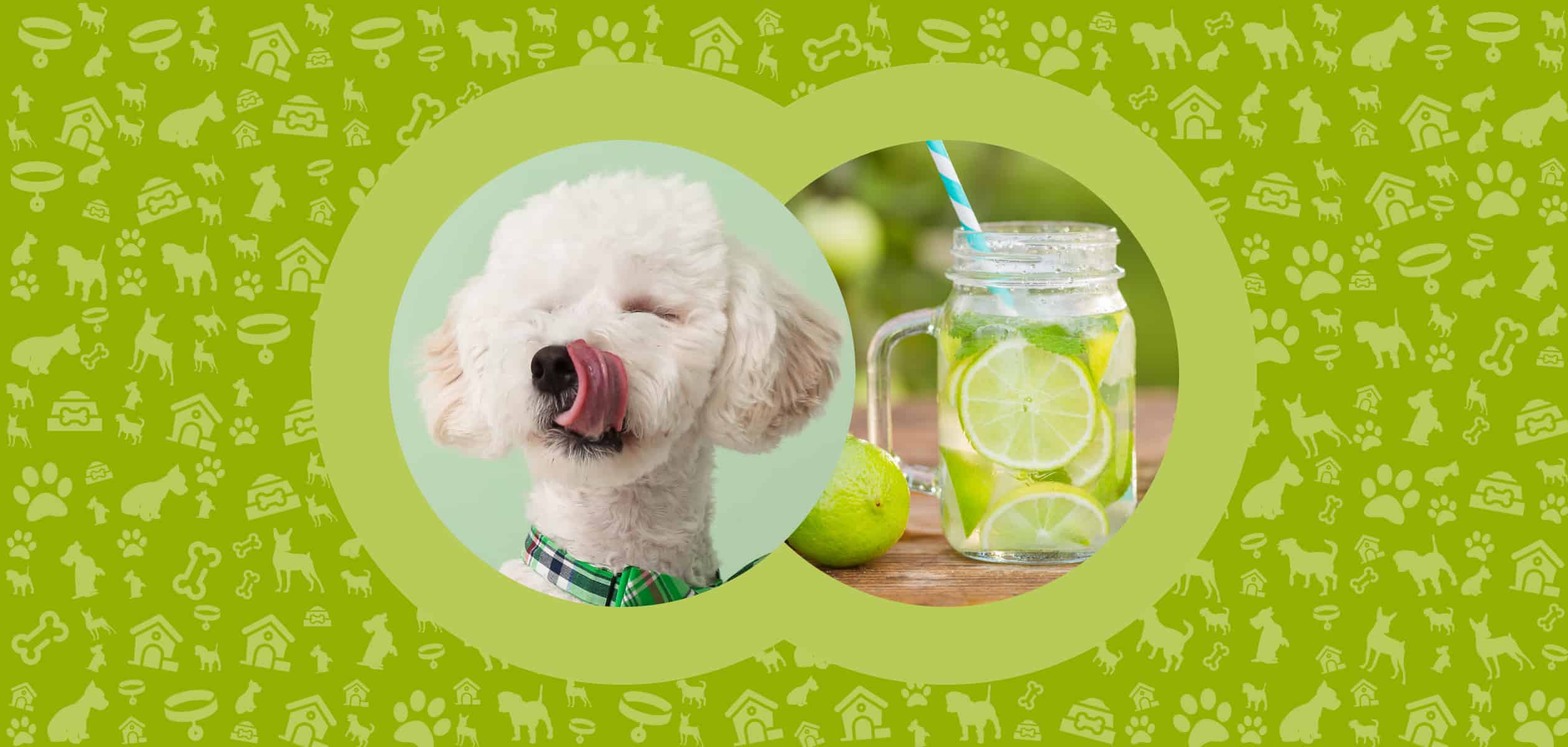
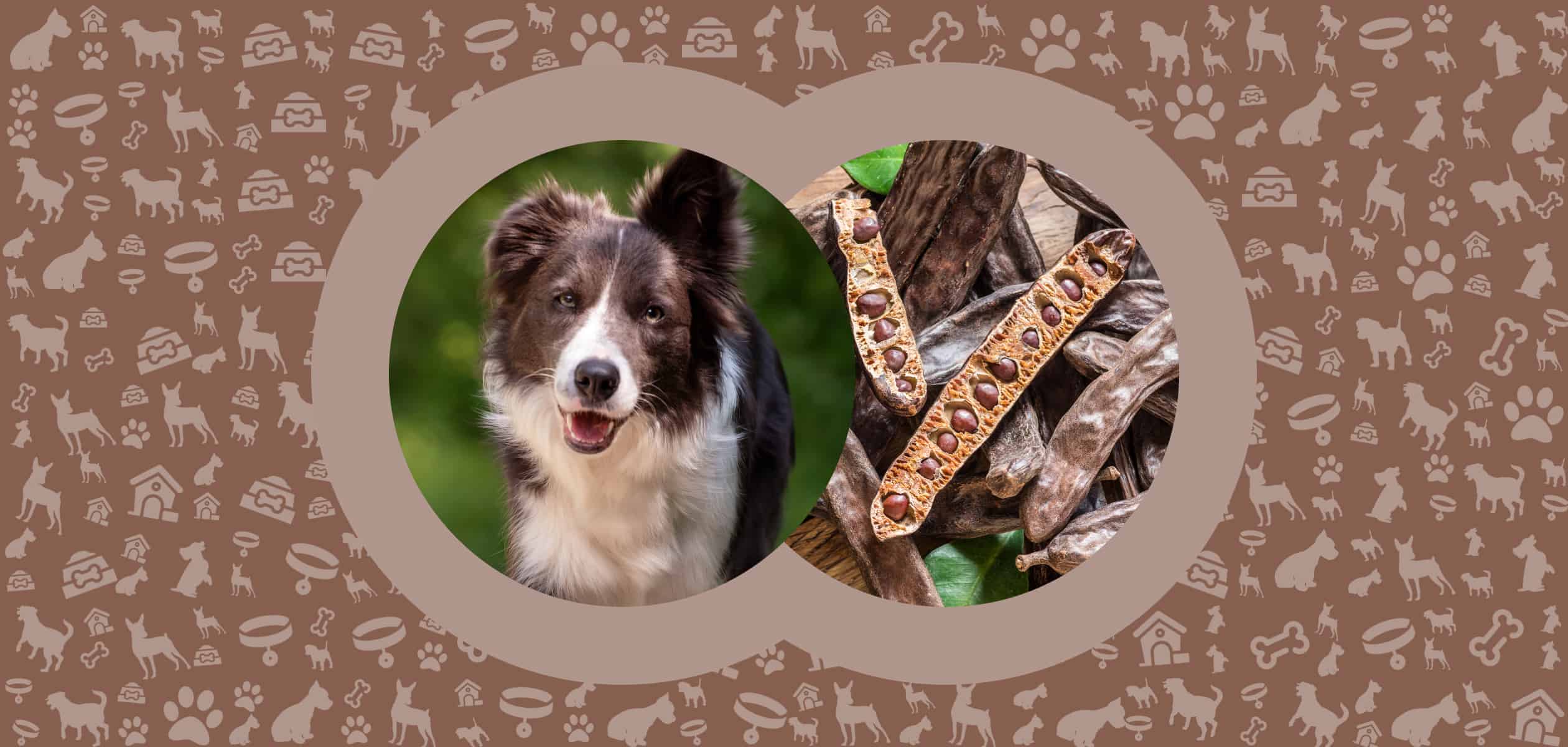
Leave a Comment